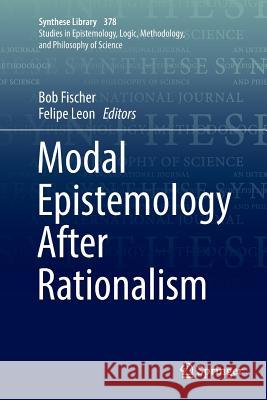Modal Epistemology After Rationalism » książka
topmenu
Modal Epistemology After Rationalism
ISBN-13: 9783319830360 / Angielski / Miękka / 2018 / 308 str.
Kategorie BISAC:
Wydawca:
Springer
Seria wydawnicza:
Język:
Angielski
ISBN-13:
9783319830360
Rok wydania:
2018
Wydanie:
Softcover Repri
Ilość stron:
308
Waga:
0.44 kg
Wymiary:
23.39 x 15.6 x 1.68
Oprawa:
Miękka
Wolumenów:
01
Dodatkowe informacje:
Wydanie ilustrowane











